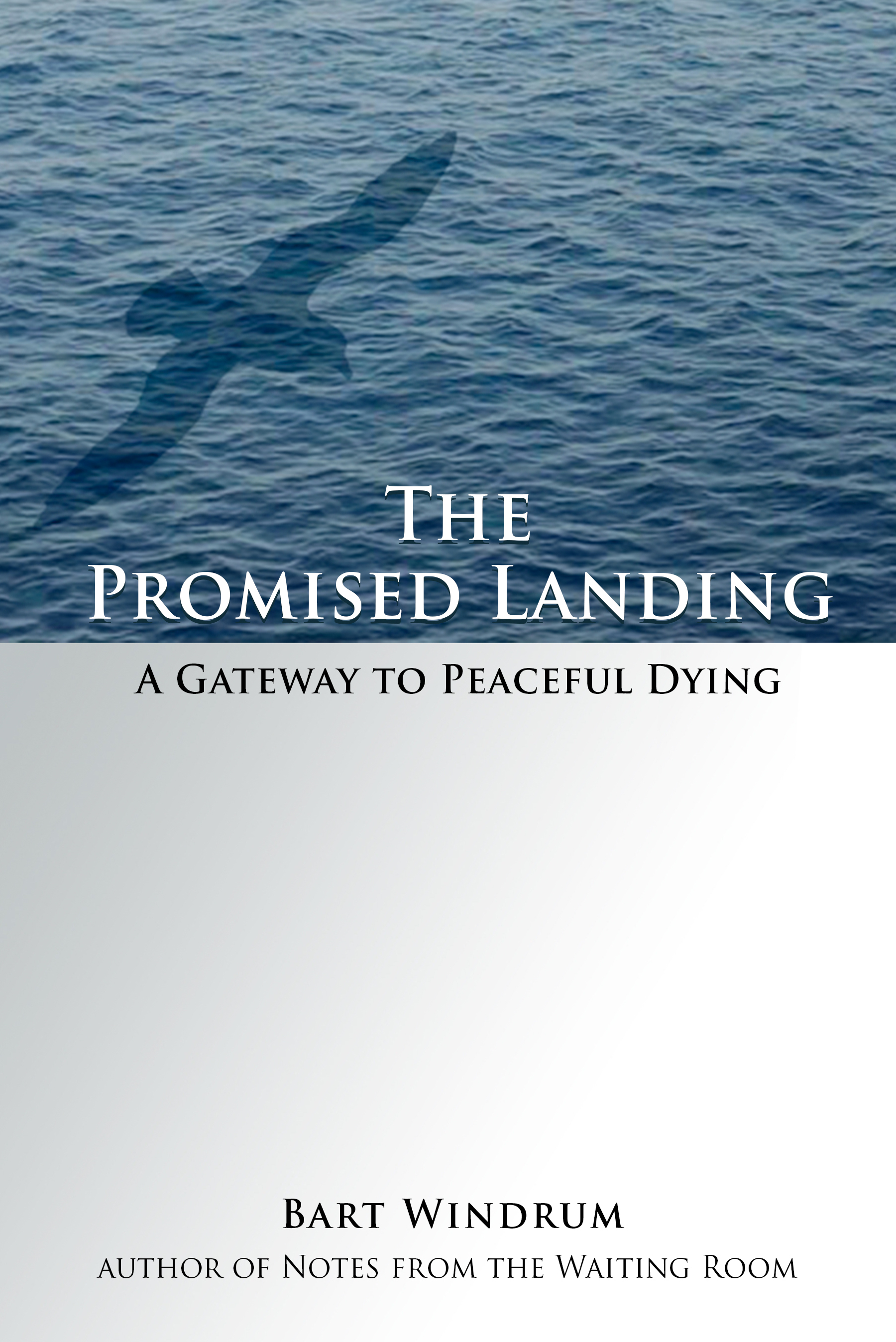WE'VE MADE PROMISES.
TO OURSELVES AND TO OUR LOVED ONES.
LET'S LEARN HOW TO KEEP THEM.
The Promised Landing provides a new context for understanding our dying experiences as shaped by western culture. Learn to identify and distinguish between the various dying situations that frame our journey toward, or away from, the peaceful demise we want for ourselves and our loved ones. Participate in a personal or group guided recitation, traveling to every way station and destination throughout our dying territory—engaging your heart and soul, where resolve for fulfilling our promises takes root. Then, examine a related set of everyday personal and systemic obstacles to peaceful dying in order to better forecast their impact and adjust glide paths while time yet remains to die in peace, and at peace.
One of the most brilliant and original thinkers I know…to avoid pitfalls and improve your odds of a peaceful death—on your own terms, not medicine’s—read this book. — Katy Butler, author of The Art of Dying Well and Knocking on Heaven’s Door: The Path to a Better Way of Death
Draws out a wide range of ethical, medical, cultural, practical, and family issues. This introduction of language shifts is an important contribution to a complicated dialog. — Dennis McCullough, MD, author of My Mother, Your Mother: Embracing Slow Medicine
Contemplative aging requires that we learn to identify, recognize, and mitigate practical obstacles to peaceful dying. Bart Windrum deeply illuminates these matters. — Rabbi Zalman Schachter-Shalomi, former Naropa University Wisdom Chair and author of From Age-ing to Sage-ing: A Revolutionary Approach to Growing Older
Lays out a map of our dying territory as a matrix, charts its intersecting paths, and discusses obstructions in the way of a peaceful death. Bart Windrum is a warm writer and has written a smart book… — Victoria Sweet, MD, author of Slow Medicine and God’s Hotel
Significantly enhances end-of-life discourse. If widely adopted, Windrum's Matrix would advance our ability to talk about … realities, offering insight to policy makers, clinical providers, and citizens in our collective management of dying in America. — Jennifer Moore Ballentine, MA, Executive Director, California State University Institute for Palliative Care
Thank you for an incredibly rich trove of advice. Your work is a light in the darkness. — Susannah Fox, US authority on technology and health care



